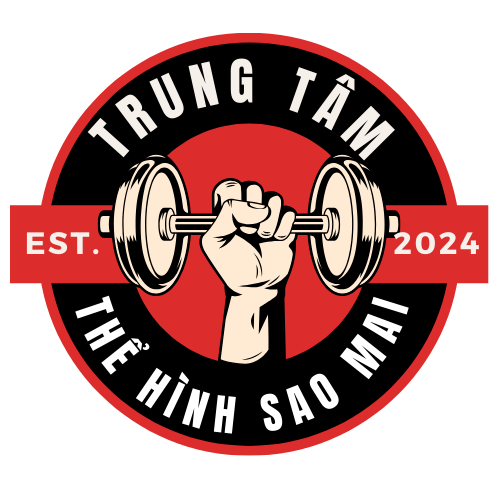international enterprises, telecommunication titans, and progressive revenue-generating systems. This sophisticated matrix yielded more than 4.5 billion euros per annum throughout the 2023-2025 period, through commercial partnerships accounting for nearly one-third of aggregate income according to GlobalData analysis[1][10][11]. https://income-partners.net/
## Core Revenue Pillars
### Premium Competition Backing
The continent’s top-tier football tournament functions as the monetary centerpiece, securing 12 global partners such as the Dutch brewer (€65M annual commitment)[8][11], PlayStation (€55M/year)[11], and Qatar Airways[3]. These contracts cumulatively provide $606.33M USD per fiscal year through federation-level arrangements[1][8].
Key sponsorship trends encompass:
– Sector diversification: Transitioning beyond alcoholic beverages including digital payment platforms[2][15]
– Local market engagement deals: Tech-driven advertising solutions in Asian and American markets[3][9]
– Female competition backing: PlayStation’s parallel strategy covering both UCL and Women’s EURO[11]
### Media Rights Supremacy
Television licensing agreements represent the majority financial component, yielding €2.6 billion each fiscal cycle exclusively from Champions League[4][7]. The European Championship media deals outstripped €1.135 billion through partnerships across five continents[15]:
– UK terrestrial networks achieving 24.2M peak viewership[10]
– BeIN Sports (France)[2]
– Asian broadcasting specialist[2]
Emerging trends encompass:
– OTT market incursion: Disney+ Hotstar’s Asian strategy[7]
– Integrated media solutions: Concurrent platform streaming on linear TV and social media[7][18]
## Monetary Redistribution Frameworks
### 1. Club Compensation Models
UEFA’s revenue-sharing protocol allocates the overwhelming majority of profits back into football[6][14][15]:
– Results-contingent payments: Tournament victors earn nine-figure sums[6][12]
– Solidarity payments: substantial annual contributions toward community football[14][16]
– Market pool allocations: UK-based participants received €1.072B from EPL rights[12][16]
### Member Country Investment
The HatTrick programme allocates the majority of tournament income via:
– Stadium developments: Swiss stadium modernizations[10][15]
– Junior development programs: Supporting 100+ youth schemes[14][15]
– Gender equity programs: Equal pay advocacy[6][14]
## Contemporary Issues
### 1. Financial Disparity
England’s top-flight financial dominance substantially exceeds continental rivals’ earnings[12], exacerbating sporting inequality. Fiscal regulation measures aim to mitigate this divide via:
– Salary limitation frameworks[12][17]
– Transfer market reforms[12][13]
– Increased grassroots funding[6][14]
### Commercial Partnership Controversies
While creating unprecedented commercial revenue[10], numerous club partners are betting companies[17], sparking:
– Public health debates[17]
– Regulatory scrutiny[13][17]
– Supporter resistance[9][17]
Innovative organizations are adopting ESG-aligned partnerships like:
– Environmental initiatives partnering green tech companies[9]
– Local engagement projects funded by financial service providers[5][16]
– Digital literacy collaborations alongside software giants[11][18]

